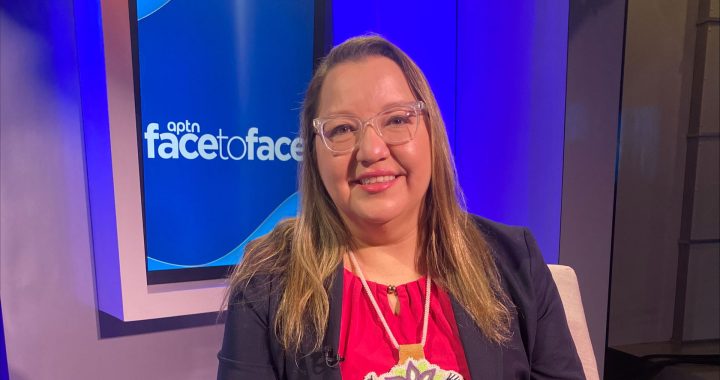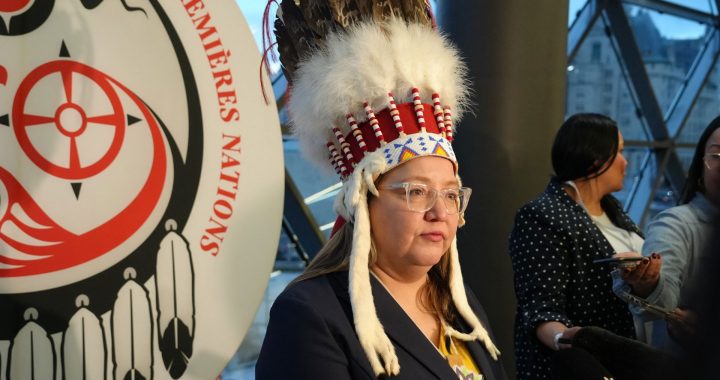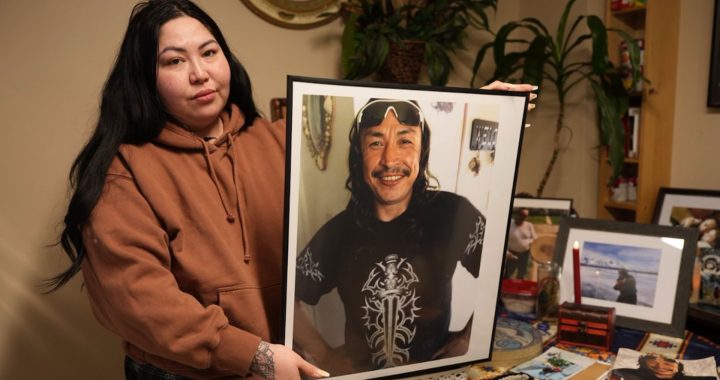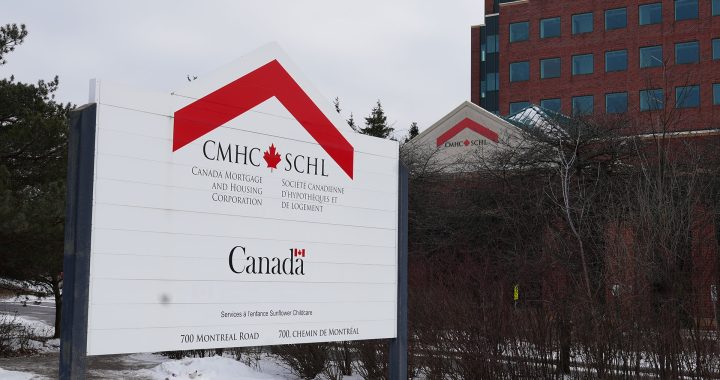Trina Roache
APTN National News
Mi’kmaw leaders in Esgenoopetitj, New Brunswick are tackling a drug problem many in the community are calling a crisis.
It started on April 11, when Ann Marie Lambert died after taking pills. She was just one of five people who overdosed on the same day. The others were treated in hospital and released.
The RCMP sent one of the pills trafficked in Esgenoopetitj for testing. Health Canada confirmed it contained the deadly opiate fentanyl.
The impact is huge in a tightknit community of close to 1,500, where everyone is friends or family.
“I expect a phone call every night, for something to happen,” said Theresa Bonnell, Lambert’s aunt. “But I didn’t expect Ann Marie’s phone call.”
Her niece’s death was a shock and it didn’t stop there. Bonnell’s brother was one of the other people who overdosed.
“Early in the morning they had to revive him,” said Bonnell. “My sister and I went to the hospital behind the ambulance. I brought him home, of course, I growled at him all the way.” Bonnell shrugs. “But one ear, out the other.”
Leo Bartibogue heads addiction services in Esgenoopetitj. He’s working on how to solve the drug problem in the community, but it’s also personal. He’s related to all five people who overdosed this April.
“It’s been ongoing for a long time and it’s been frustrating because you know you have so many things that go in your community and we try to talk to whoever wants to listen,” said Bartibogue.
Bartibogue works out of the wellness centre in Esgenoopetitj. It offers counselling, educational materials and referrals to provincial services which are overwhelmed.
Wayne Holgate has a lot of experience in addiction intervention. He said wait lists for detox centres can be up to three months.
“When that addict reaches out and says I need help and we have to say well, unfortunately, there’s a waiting list,” said Holgate. “Once that happens, that addict is lost. Once that moment of clarity is gone, it’s gone.”
Holgate said fentanyl is attractive to drug users despite its dangers.
“It’s popular because it gets people higher quicker and it’s cheaper,” said Holgate. “As an addict, what’s an addict’s drug of choice? More.”
Crisis teams have been working around the clock in Esgenoopetitj, with help from other First Nations like Tobique and Elsipogtog.
Mike Milliea has worked as an addictions counsellor for over two decades in Elsipogtog. He hands out methadone and clean needles. He illustrates how to administer Naloxene, a drug which blocks the effects of opioids in case of an overdose.
He said opiate addiction is widespread and not just an Indigenous problem, but that drugs can have a unique impact on First Nations.
“The biggest challenge for being such a tightknit community is that when a new drug comes in it’s very, spreads very quick and I compare it to a wildfire,” said Milliea.
A challenge, but also a strength, said Milliea. In Elsipogtog, a community of 4,000 Mi’kmaq, everyone knows each other.
“If drug addiction starts very small and goes like wildfire,” said Milliea, “then I’m hoping that wellness does the same thing where it starts small and then spreads; that people that know 4000 people will help 4000 people.”
Bartibogue sits at his kitchen table, talking out possible solutions with Milliea and Holgate.
“This type of gathering that we have with Tobique and Elsi and people that come around brings back a lot of hope,” said Bartibogue. “And I’m feeling a little bit optimistic about a lot of things.”
Mi’kmaq and Maliseet leadership have taken quick action by passing band council resolutions, or BCR’s, to ban drug dealers in Tobique and Elsipogtog.
The chief of Esgenoopetitj plans to follow suit.
“We have to alert everybody what we`re doing here, what is going on here. And about for the drugs there, I just hope we pass the bylaw, do the BCR,” said Chief Alvery Paul.
He has a lawyer looking at other band resolutions across the country to see what will work best, to make sure a bylaw to ban drug dealers stands up if challenged in court.
Paul would like to take it one step further and add voluntary drug testing for chief and council and even band staff, to set an example in the community.
There’s no firm timeline yet, on when council will decide anything.
RCMP arrested two men in connection with the drugs tied to the overdoses earlier in April. 35-year-old Jesse Joe, originally from Esgenoopetitj, is charged with trafficking a controlled substance. The other man was released, but may appear in court at a later date to face charges.
troache@aptn.ca










